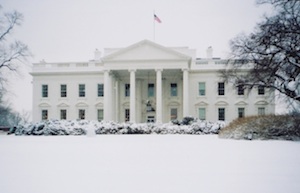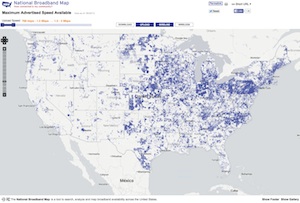Constructive ideas (mostly) offered for Californian broadband subsidy plan

Except for a couple of not so veiled threats of legal action, the comments submitted to the California Public Utilities Commission regarding a new plan to re-start the California Advanced Services Fund (CASF) program were generally positive, with few specific recommendations for changes. The nastiness came from the cable industry’s lobbyists in Sacramento – the California Cable and Telecommunications Association – and Verizon (more on that tomorrow).
Comments from other incumbent telephone companies – with the glaring exception of AT&T, which didn’t submit any – were more nuanced.… More









